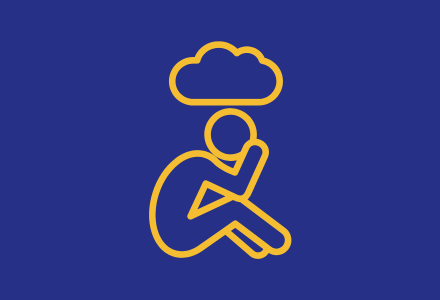Our Advice Centre is CLOSED today
To view this resource as a flipbook and download as a PDF: Click here
Watch our Youth Ambassadors talk about their experiences of loneliness in the video.

Loneliness
Information on loneliness and tips to help you feel connected
What is loneliness?
Loneliness is generally feeling like you have no one there for you, or you don’t have meaningful connections with people, but everyone’s experience will be different. You can be surrounded by friends and family and still feel lonely or isolated.
We all feel lonely at times, but that doesn’t mean that it’s a feeling you should just put up with. It may start to have an effect on your mental health if you feel lonely for a long time.
Does being alone mean being lonely?
Not necessarily. Every one of us has a social battery, and they all last for different amounts of time – you don’t have to be a social butterfly, always with people and always doing things, to not be lonely.
Someone who likes spending more time by themselves, or doesn’t talk as much isn’t automatically lonely, they might just be doing what makes them feel happy and comfortable.
What does loneliness feel like?
Loneliness can make you feel very distant from everyone, even when you are right next to someone, like it’s harder to reach out and be present with them.
Some people might find it makes them anxious to attend social events and they might start avoiding them and spending more time away from people, because they don’t feel there’s anyone there for them if they go out.
It can make some people feel really down and while it is not a mental health problem itself, it can lead to issues like depression, and low mood and self-esteem. Or, some people might become lonely as their mental health has made them withdraw from people.
What can cause loneliness?
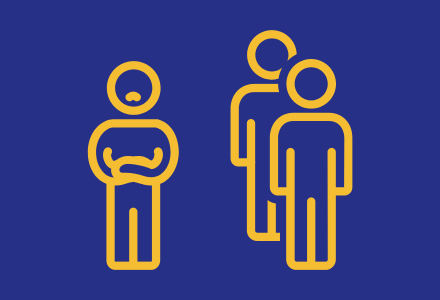
Feeling like you don't fit in
Lots of people feel like they don’t quite fit in with everyone else and it can be quite isolating to feel like you aren’t like everyone else.

Having no one to talk to
This could range from having no one to talk to about your passions and hobbies, to having no one to vent to, to feeling like there’s no one there to tell if you’re struggling or to tell how you’re feeling.

Changes in your life
If you’ve recently moved to a new town, are going to a new school or have a new job you might feel like you don’t know anyone and aren’t quite sure how to make friends. Even just being in an unfamiliar place can make you feel alone.

Lost connections
You can feel lonely if you’ve lost meaningful connections in your life. This could be because of the death of someone close to you, a relationship break-up, or feeling like you’ve grown apart from your friends. At the time, these connections can feel difficult, or even impossible to replace.
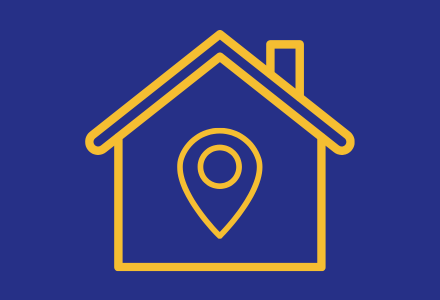
Not getting out and doing what you want to do
If you have to stay at home more than you’d like to, it can feel like you haven’t got purpose in your life. This could be because you have to care for a baby or a family member, have a health condition, or you can’t do or have no one to do the things you’d like to do with.
What can I do if I feel lonely?
 Talk to someone you trust
Talk to someone you trust
It might not be easy to admit you’re lonely, especially to someone else, but talking about it can be really helpful. It can take a huge weight off your shoulders and help you feel in control of the situation. Talk to someone you think will support you. This could be a family member, friend, teacher, No Limits or another helpful organisation.
 Try and do things you enjoy
Try and do things you enjoy
Filling your time will help you feel less lonely, and filling it with things that make you happy will have a positive effect on your overall wellbeing, too. Think about what you can enjoy doing on your own. This could be cooking, reading, watching films or going for a walk.
 Focus on yourself
Focus on yourself
Comparing your life to others’ won’t do you any good. Take social media for example – people only post the good stuff that happens to them on there, so comparing your life to what you see on someone’s social media won’t be a fair comparison. Try and think about where you are in your life, what you are grateful for and what you would like to do.
 Get out and around people
Get out and around people
Even if you don’t want to talk to anyone, just being in places where there’s other people can help you feel more connected. Parks and town centres are good for being around people and when there’s things going on like a market or a street event, they can help you to feel involved.
 Join a class, group or club or go to a community event
Join a class, group or club or go to a community event
Joining a class or group might be daunting at first, but it’s a great way to meet new people and having a common interest could make it easier to chat to them. Do this for something you love, or try taking up something new.
You could also see what’s going on in your community and see if there are any events to attend. This could help you meet people who live close to you.
 Don’t rush yourself
Don’t rush yourself
It might be hard at first, but be proud of yourself for every step you take. That could be talking to someone about how you feel, looking into a group or club to join, or just getting out of the house. You don’t have to jump in at the deep end and try and make loads of new friends and try loads of different things straight away. There’s nothing wrong with taking it slow.
How can I help someone who is lonely?
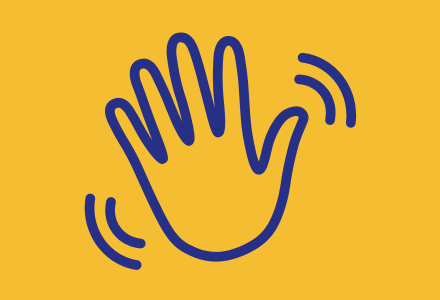
Let them know you’re there
Letting them know that you’re there and they can talk to you could help them to feel like they’re not quite so alone. They don’t have to directly say that they’re lonely, but if you think someone might be, telling them you’re there for them if they need someone to talk to or someone to listen can make a big difference.
Another way you can let them know you’re there is by asking how they’re doing. They might not reach out to anyone if they feel they are lonely and have no one to talk to.

Support them to join a group or get further help
If they have a particular passion or hobby they want to do, you could support them to join a group for it. It can be hard going to a new thing on your own so you could offer to go along with them too, so they have someone there that they know.
If you think they need more support, encourage them to talk to No Limits or another similar organisation who will be able to support their wellbeing and help them feel less lonely.
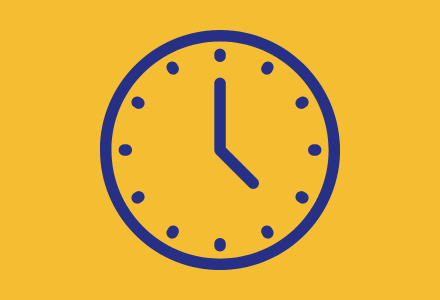
Be patient
If they don’t talk to many people, it might be overwhelming speaking regularly to someone at first, especially about the way they feel. Give them time to process, it might take a while to build up a connection. If they go quiet for a bit, just remind them that you are there for them if they need you.
They also might be anxious to go out and socialise at first, so make sure they know they can spend as much or as little time out as they want and let them know they’re doing well with every step they take.
Want to talk to No Limits?
We have a range of mental health and wellbeing services for children and young people under 26 in Southampton, Hampshire, Portsmouth and the Isle of Wight, including therapeutic support from counsellors and youth wellbeing practitioners, our out-of-hours Safe Havens for young people experiencing a mental health crisis, and our Advice & Wellbeing Hub which offers you ways to get support from trained youth workers without having to wait.
Find out moreI want to find out more
These websites have more information on anxiety and panic attacks:
– CALM – Guide to loneliness and isolation – Click here
– NHS – Dealing with loneliness – Click here
– Mind – Loneliness – Click here
– YoungMinds – Loneliness – Click here
24/7 mental health support
You can also contact these organisations for support. All support is free, available 24/7, 365 days a year.
– Papyrus – Phone service for people under 35 experiencing suicidal thoughts. Call their Hopeline on 0800 068 4141
– SHOUT – Anonymous text service for people struggling with their mental health – Text ‘HANTS‘ to 85258
– Samaritans – A phone service for if you need someone to listen to you. They won’t offer you information or advice, but they will listen – Phone 116 123

